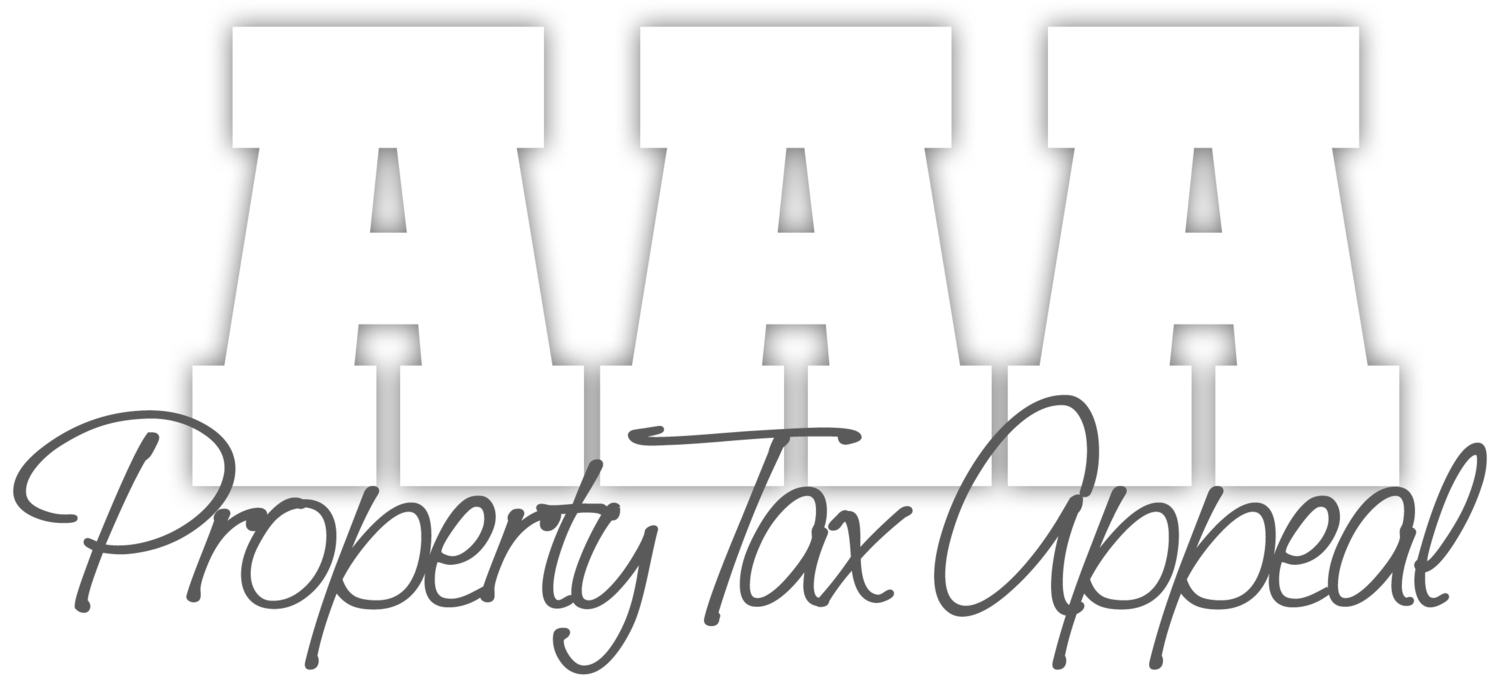Tax Certiorari: tax certiorari is the legal process by which a property owner can protest his/her Real Estate Tax Assessment in an effort to reduce the assessment, resulting in a reduction of real estate taxes.
Tax Grievance: An initial tax grievance is filed with the board of assessment review; upon notice of board of assessment review's determination, an appeal can be filed with the small claim assessment review section of the Supreme court, or an Article 78 proceeding can be commenced in Supreme Court. Grievances are usually established using one of the following four grounds of protest.
Unequal Assessment: This is the most common grounds of the four. It is where the assessed value is at a higher percentage of value than the assessed value of other real property on the assessment roll, at a higher percentage of FMV than the assessed value of ALL real property on the assessment roll; Alternatively, it is a situation where the property should be assessed at a lower percentage of FMV based on either the latest state equalization rate for the city/town/village, the latest RAR established for the city/town/village, or other technical grounds
Excessive Assessment: the property’s assessment exceeds its FMV (“Fair Market Value”) or is excessive because of the denial of all or a portion of a partial exemption;
Unlawful Assessment: This is where the property is otherwise exempt, is unidentifiable based on description or tax map id, jurisdictionally defective, or other technical grounds.
Misclassified Assessment: Either a misclassified designation, or is improperly allocated between homestead and non-homestead real property.
Burden Of Proof for the NY Real Estate Tax Grievance Petitioner: According to New York State Law, the Assessment is deemed to be correct, and the standard of the burden of proof is a “preponderance of the evidence.” This means that all elements of the petitioner's case must be more likely than not. An Appraisal by a New York State Licensed Appraiser is generally persuasive evidence to challenge a property tax assessment.
Burden of Persuasion: The burden of persuasion is on the Petitioner to prove his case using the applicable burden of proof standard.
Property Assessment: A property assessment is a percentage of the market value of your property that is determined by your Assessor.
Residential Assessment Ratio (RAR): New York determines the RAR based on the median sales price within your municipality. The RAR is divided by your assessed value to determine your FMV (“Fair Market Value”)
Real Property Tax Law ("RPTL")Article 7 Tax Assessment Review Proceedings: This is commonly called a "certiorari" proceeding, because the former procedure for judicial review of a tax assessment, repealed many years ago, was called a Writ of Certiorari to Review. It involves filing a Notice of Petition and Petition with the County Clerk where the property is located within 30 days of the last date allowed by law for the filing of the final assessment roll for the municipality, or the published notice of filing, whichever is later. It is more commonly filed for commercial property than residential, but residential owners are also permitted to use this method of review as opposed to a Small Claims Assessment Review. A requirement to file under Article 7 is the timely filing of a grievance before the Board of Assessment Review. The grounds for challenging the assessment under Article 7 are the same four main grounds of review as for Board of Assessment Review and Small Claims Assessment Review (Unequal, Excessive, Misclassified, or Unlawful.) Filing under Article 7 typically requires an Appraisal and expert testimony from the Appraiser at trial.
Article 78 proceeding: Article 78 proceedings cover a variety of actions generally used to challenge an administrative or government agencies decision; it is applicable here because it can be a powerful tool to challenge a Board of Assessment Review decision. It is named after the section of law that sets out the rules for this type of proceeding, namely, Article 78 of the New York CPLR. The authorized agent or representative in an Article 78 proceeding must be a licensed Attorney. In order to have a valid case using an Article 78 proceeding, the petitioner must either establish that the agency didn't follow its own rules when it made the decision, that the decision was "arbitrary and capricious" or that the decision was not supported by "substantial evidence".
These terms have specific legal meanings. "Arbitrary and capricious" is when there is no rational connection between the facts found and the choice made, or where there is a clear error of judgment; an action not based upon consideration of relevant factors can be deemed to be arbitrary and capricious;
"Substantial evidence" is evidence that a reasonable person would deem sufficient to support the agency's decision.
Small Claims Assessment Review (SCAR): The Small Claims Assessment Review is a procedure that provides property owners with an opportunity to challenge a BAR decision, upon the payment of a filing fee as designated by the legislature. Section 730 of the Real Property Tax Law is the controlling statute for rules and regulations regarding SCAR.
Board of Assessment Review: The Board of Assessment Review (BAR) is generally the first stage of a successful property tax fight. A property owner may contest a Board of Assessment Review decision by filing suit in New York Supreme Court, an Article 78 proceeding or by a SCAR
